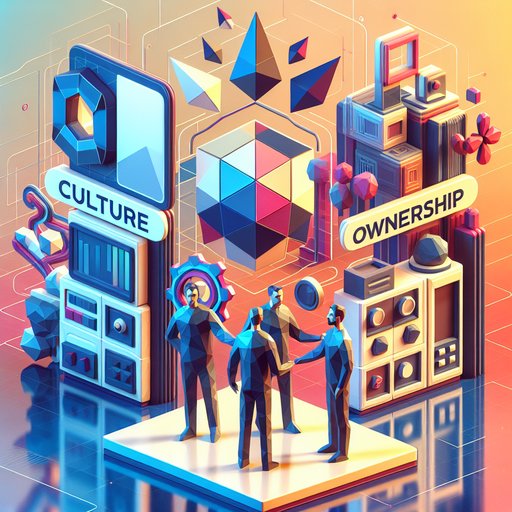- Details
- Written by: Valenenzia Gruelle

A recent survey has revealed that half of employees have excessive privileged access at their workplaces, escalating the risk of insider threats. As artificial intelligence permeates every aspect of business and society, this impending insecurity looms larger. Sam Altman's warning about AI displacing entire job categories may soon seem less hypothetical, as the potential for misuse grows within highly automated environments [1, 4]. But amid this chaos, there is an opportunity to reflect on how technology is reshaping our communal ties, offering a path to reconcile security with inter-generational understanding.
- Details
- Written by: Valenenzia Gruelle

The recent launch of SUPERWISE's AgentOps, a platform aimed at governing AI agent operations, underscores the critical question of who truly controls the algorithms that increasingly dictate our lives. As AI systems become more autonomous and embedded in daily operations, from financial trading to healthcare, the power dynamics surrounding their governance become ever more opaque. This development places a spotlight on the risks inherent in algorithmic decision-making, particularly for those who lack a digital voice to influence or scrutinize these systems.
- Details
- Written by: Valenenzia Gruelle

As the world barrels toward boundless connectivity, the hidden costs of this ubiquitous digital presence are becoming apparent. A recent Advocate.com article highlights the alarming risks young women and queer patients face in the digital world, exposing vulnerabilities that the promise of connection often buries beneath its glossy veneer. This tension between access and safety underscores a broader philosophical debate about the future of personhood in our increasingly entwined relationship with technology.
- Details
- Written by: Valenenzia Gruelle

The arrival of Samsung’s One UI 8 beta on Galaxy S25 phones has rekindled an age-old debate, but not in the way you might expect from a tech release. The interface's new features are designed to enhance user experience and personalization. However, beneath the surface lies an opportunity to reflect on broader issues of ownership in the digital age—parallels that echo the current debates in cultural circles over who owns art and who should benefit from it. Can a software update truly reflect the ethos of equitable cultural sharing, or is it merely a veneer for corporate gain?












































